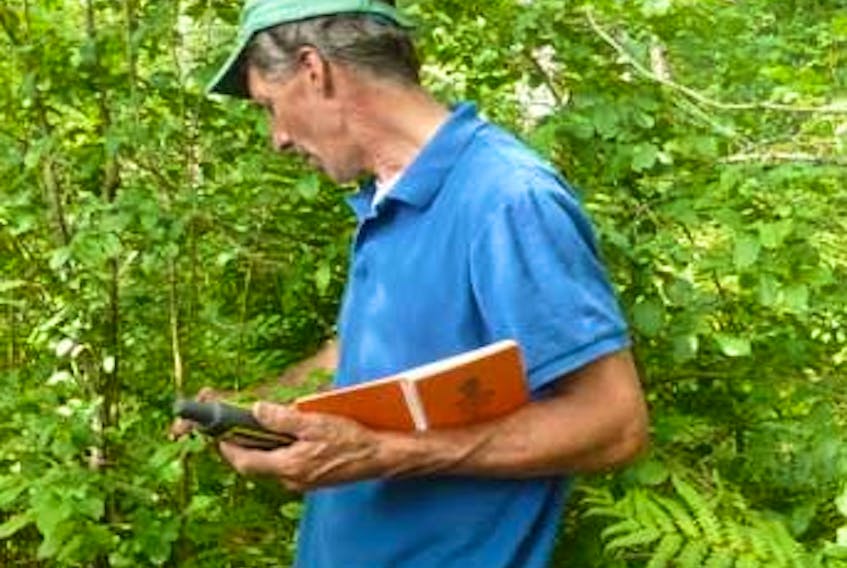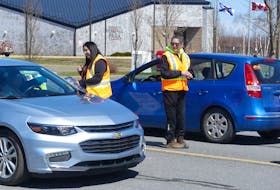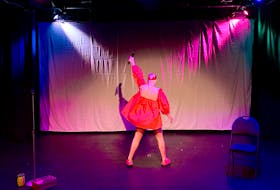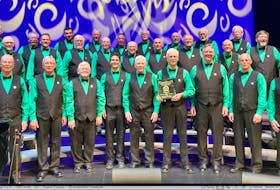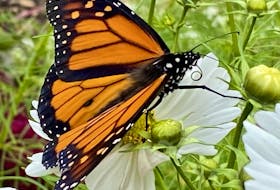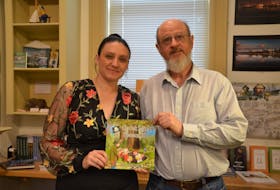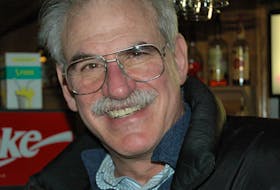Dr. Nick Hill, director of the Fern Hill Institute of Plant Conservation, will be the guest speaker at the monthly meeting of the southwest chapter of the Nova Scotia Bird Society on Tuesday, Oct. 22, at 7 p.m. at the Yarmouth County Museum.
The title of his talk is Rekindling Biological Diversity: The Role of Fire in Maintaining Rare Species and Ecosystem Dynamics.
“An old-growth Acadian forest, a babbling stream, are images that evoke the wild, the untouched nature,” says Dr. Hill. “Nature is the home of multiple organisms and while some – such as the eastern hemlock and red spruce-- have evolved to compete and dominate over the long term, many more evolved to fit into the many disturbances of nature: floods, beavers, insect outbreaks, winds, ice storms and fire.”
Dr. Hill observes that: “Disturbance is a lightning rod for many, as its discussion may be an opening gambit in support of forestry practices, but biological conservation that does not understand or address natural disturbance regimes will fail biodiversity. In this talk, I bring together examples of ecosystems shaped by the invisible hand of past fires and make an ecological case for understanding fire regimes and for prescribed burns.”
The talk is open to the public, admission is free, and light refreshments will be served.

